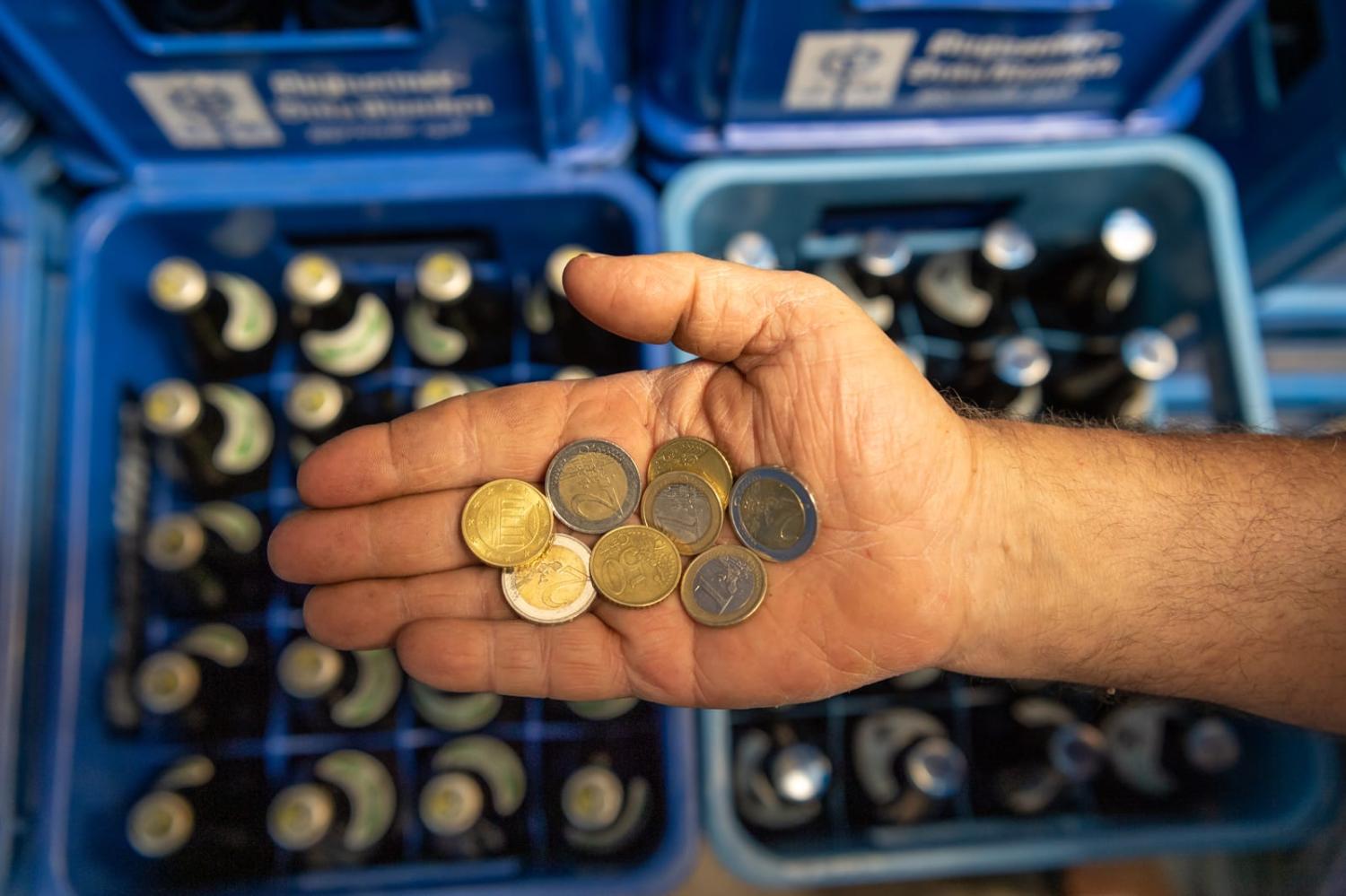In a world increasingly defined by digital transformation, Germany stands as anomaly, resisting the tide of digitisation in the face of global trends.
When I recently stepped back onto German soil after a 16-year absence, I was nostalgic for a country that had once stood as a beacon of technological advancement. But my visit made for an unexpected journey through a nation seemingly at odds with the global digital revolution. Most obvious was the steadfast allegiance to cash payments and paper documentation. Taxis insisted on cash payments, restaurants only physical bills. Transactions felt almost archaic in an era where digital wallets and contactless payments dominate.
Amid the aromas of savoury bratwursts and frothy beers, the age-old practice of tipping in cash remained an unwavering ritual. Diligent waiters strapped bags around their waist bulging with bills and coins. Customers, when paying, give additional tips, a practice that reflects personal gratitude that resists the appeal of digital transactions.
But the difference was really brought home to me in one peculiar encounter – the eighty cents in coins demanded for entry to the restroom.
Germany, it seems, has an ingrained preference for tangible reliability of cash, an oasis of analogue practices in an increasingly digital world. Public transport and many walking markets are yet to take advantage of tap-and-go cards or apps.
I made a point to engage in conversations with locals, seeking to understand their perspectives on the nation’s digital landscape. What emerged from these discussions was a mosaic of sentiments that echoed the complexities I observed firsthand. Many shared a sense of pride in Germany’s traditional values, especially concerning privacy and financial autonomy. The reliance on cash was not just a matter of habit but a conscious choice rooted in a desire for control over personal finances.
As I delved deeper, it became increasingly clear that the resistance to digitalisation in Germany stemmed from many reasons. Foremost among these concerns was the spectre of government surveillance, looming large in the minds of citizens who were wary of heightened monitoring associated with digital transactions. Data privacy as a deeply ingrained cultural value also emerged as a pivotal concern, significantly influencing how Germans interacted with evolving digital platforms. This wariness about safeguarding personal information reflected a societal ethos shaping the populace’s approach towards embracing technological changes, particularly in digital transactions.
Surprisingly, even within bureaucratic circles, the archaic fax machine often outpaces the speed of emails in official communications. Despite the digital age’s prevalence, emails face an uphill battle in attaining recognition as formal documentation. Instead, the venerable physical letter, embellished with a signature, retains its esteemed status as the preferred mode for formal documentation. This steadfast adherence to traditional methods underscores the deeply entrenched practices, where tangible, physically signed documents continue to hold a level of authenticity and formality that digital counterparts struggle to match.
But the prospect of missing out on digital opportunities has long worried the government, too.
There are, of course, exceptions. The intercity train system provides two paths to obtain tickets: a digital pathway via the website and a conventional route through the physical vending machines scattered across train stations. Opting for the website ensures a streamlined transaction experience. This method involves navigating an intuitive interface, selecting the desired journey, completing an electronic payment, and receiving a QR code as the virtual ticket. Boarding the train doesn’t entail scanning the ticket, instead the ticket inspector typically scans the QR code during the journey. Conversely, vending machines allow travellers to pay with cash or card – and the machine dutifully dispenses a paper ticket as a physical token signifying the impending trip, ready for an inspector’s manual check and ticket stamping while on the train.
My journey through this digitisation dichotomy left me reflective. The Germany I remembered was a forerunner, yet the Germany of today seemed entangled in a struggle between tradition and progress.


